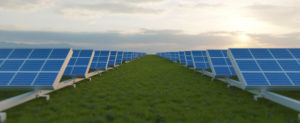Powering Prosperity through Solar Development - Tūmanako Rānui
- Home
- Powering Prosperity: The Bright Opportunity of Solar Development in 2024

Powering Prosperity through Solar Development - Tūmanako Rānui
- Developement, Landowners, Landowneship, Solar
- By adminPanel
- Comments (0)
In 2024, the shift towards sustainable and renewable energy sources has become not just a trend, but a global imperative. So solar energy development, particularly in New Zealand, presents an unparalleled opportunity. Moreover, it resonates with both the heart and the wallet. As a landowner, you may be interested in key reasons why developing your land for solar in 2024 stands as a prudent, forward-thinking decision.
A Sustainable Future Powered by the Sun
New Zealand’s abundant sunlight provides a remarkable opportunity for solar energy generation. Therefore the emphasis on sustainability is evident. At Tūmanko Rānui, we are harnessing a locally available, renewable resource to meet our increasing electricity demand. Fortunately, solar farms represent a low-impact, sustainable land use. Also, solar aligns with global efforts to preserve natural landscapes, ecosystems, and biodiversity. By developing your land for solar, you’re contributing to a movement that intensifies our energy resilience. Furthermore, you’ll help diversify our energy sources, and ensure a decentralised electricity supply. Understandably, this is crucial for a country like New Zealand, susceptible to environmental events like earthquakes and cyclones.
Economic and Technological Advantages of Solar Development
As you’ll be aware, the economic benefits of solar farming are multifaceted. For landowners, it offers long-term income stability through land leasing and utilization of non-productive pasture land. Also, diversification of income leads to enhanced financial security in an age of uncertainty. Moreover, solar technology’s advancement has made it both more efficient and affordable.
Solar – a sector poised for growth.
Solar ventures offer technological innovation alongside robust economic growth opportunities. Creating solar projects translates into supporting renewable energy generation, job creation, energy independence, and fostering sustainable development—key components that strengthen New Zealand’s economy significantly.
“By focusing on solar, we’re not just powering homes and businesses; we are committing to a future that respects and preserves our whenua for generations to come. This initiative is about building a legacy—one where innovation meets tradition, fostering prosperity and sustainability across Aotearoa.” Blair Jamieson
Community Benefits and Environmental Stewardship
Solar farming operates on the principle of environmental ethics, significantly contributing to reducing greenhouse gas emissions and promoting renewable energy generation. This aligns with the aspirations of landowners committed to sustainability, responsible land use, and addressing climate change. Additionally, at the end of a solar farm’s operational life, the land can return to agricultural uses, often with increased value due to improved soil quality and biodiversity. Such projects not only bolster the local economy through sustainable job creation but also empower communities, making solar investment a commendable choice for those looking to make a positive impact.

Considering solar energy projects in 2024 is more than a financial decision for landowners; it’s a step towards a sustainable, resilient future. As New Zealand strides towards its objective to generate 100% of electricity from renewable sources by 2030, solar projects offer a tangible way to participate in this vision. If you’re interested in exploring the luminous potential of solar energy, we invite you to contact our team for a korero.
Learn more about our Process in the steps we’ve outlined or to have an initial conversation, email or call us today.With you and our committed Partners, we can harness sunlight to power a prosperous, greener future for Aotearoa.



